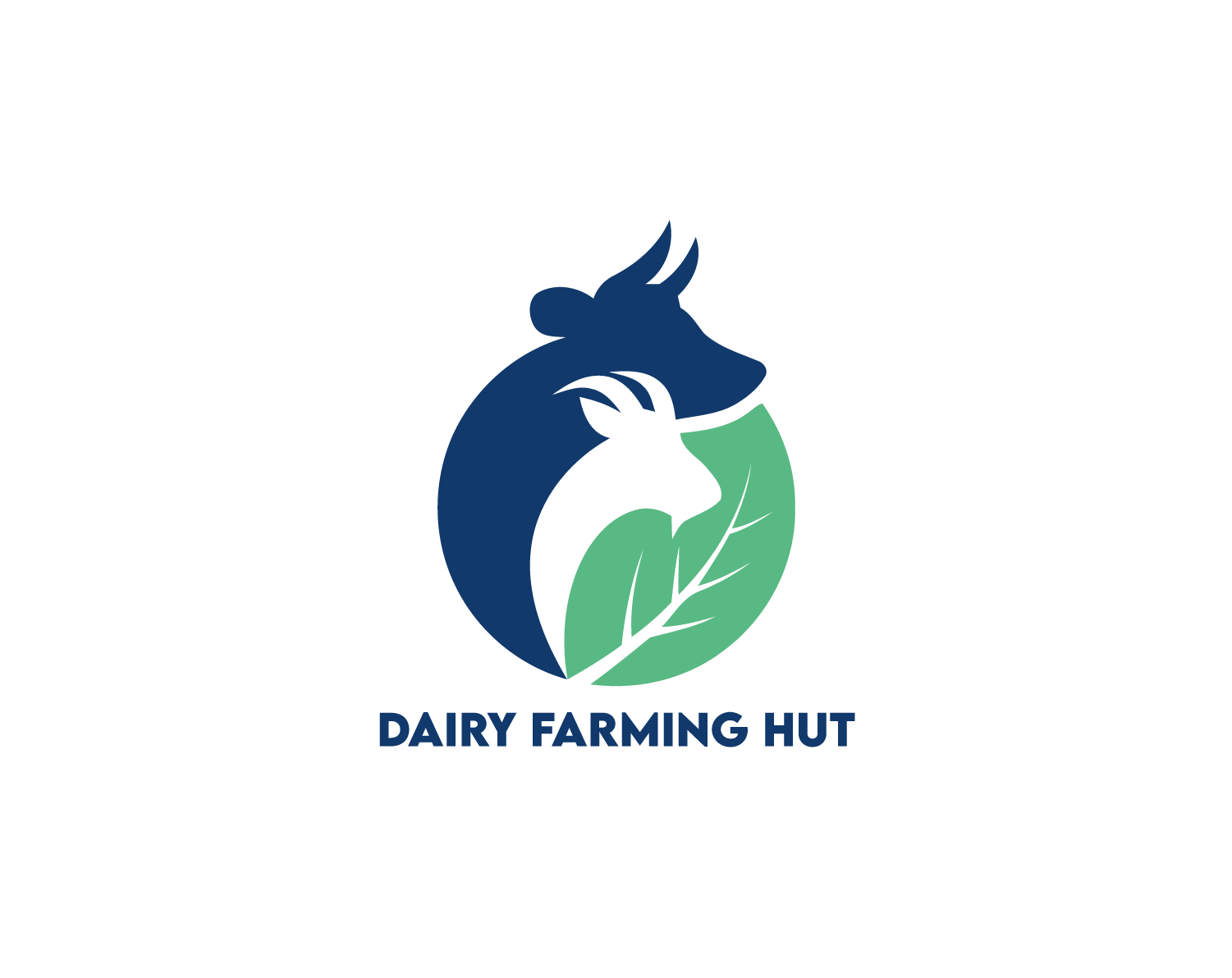Sheep are mostly known for three things: wool, meat, and milk. Many people are aware of the fact that certain sheep breeds are ideal for wool, while other breeds are more appropriate for dairy. But are there breeds out there that can give a dairy farmer the best of both?
You can get wool even from the dairy sheep as long as it's the right breed. Breeds like the East Friesian sheep, found in the US, and the Turcana sheep, found in the Balkans, are loved for their ability to give both milk and high-quality fibers. And though most sheep breeds are dual-purpose, few can provide both efficiently.
So let's look at some of the common questions, like what are the sheep breeds that produce both milk and wool? Which sheep breeds are the best for wool production? Does shearing a dairy sheep for wool affect its milk production? And more.
What are the Dual-Purpose Sheep Breeds?
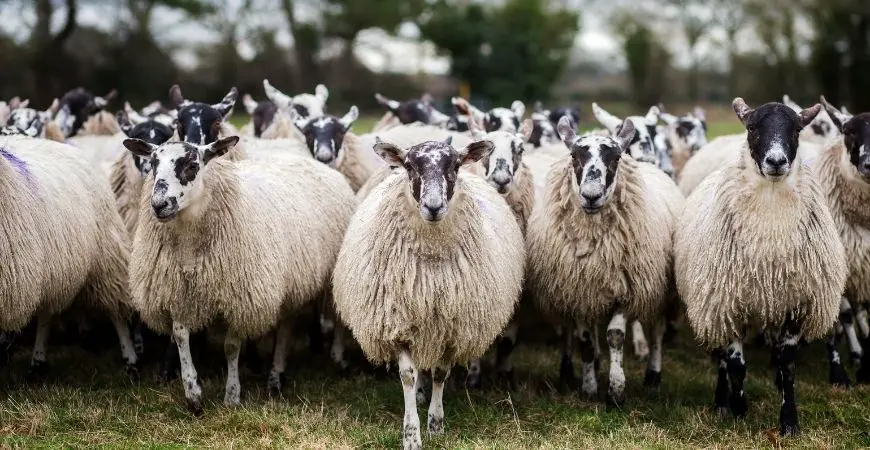
Though many sheep breeds can serve a dual purpose of providing wools and milk, the search for a sheep that can produce both efficiently becomes narrow. You can technically milk any dairy sheep. The following breeds are some of those used for both dairy and wool production:
East Friesian Sheep
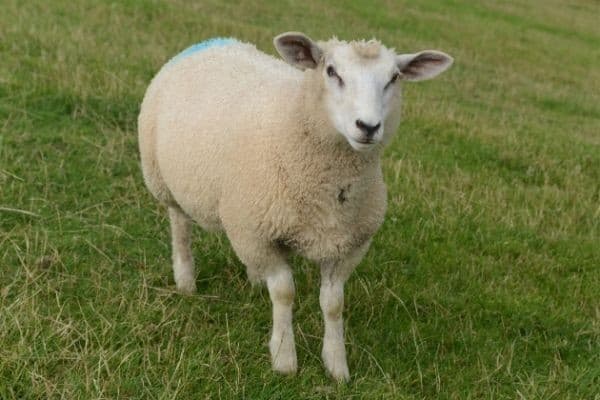
German in origin, East Friesian sheep is one of the few dual-purpose sheep breeds available in the US. Though, it should be noted that the ones in the US are not purebred and are likely crossed with the Lacaune breed. They are the breed of choice among commercial sheep's milk producers.
Sarda Sheep
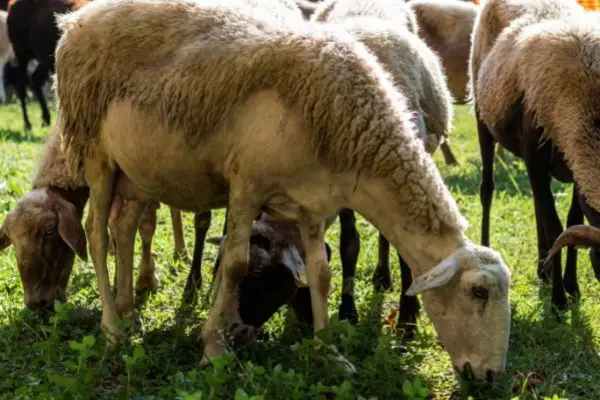
Sheared Sarda Sheep
Native to Italy, the milk of the Sarda sheep is used in cheese making, while their long, coarse wool is used in weaving carpets.
Turcana Sheep
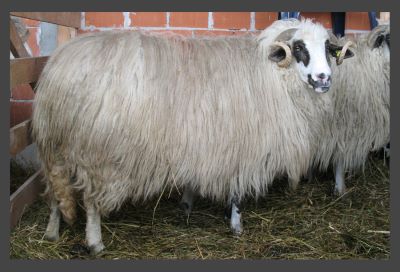
Source: Turcana Sheep-American Society of Animal Science (ASAS)
Native to the Balkan region in Europe, and the most important breed of sheep in Europe, the Turcana breed of sheep, comes highly prized. The turcana sheep are bred to serve all three purposes: dairy, wool, and meat.
British Milksheep
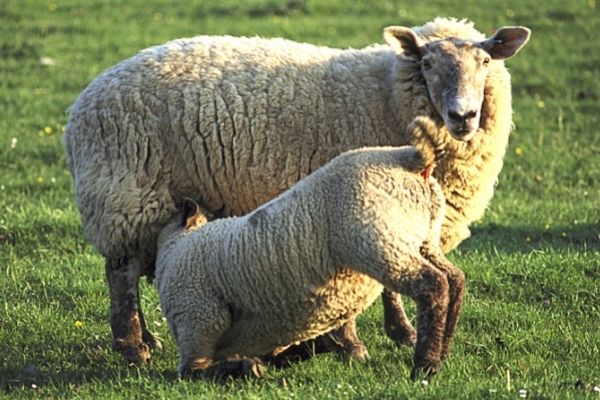
A British milksheep is a robust breed of sheep mainly bred for its milk, but it's also known for the meat and wool. Today, this breed can be found in Canada and Hungary as well.
Icelandic Sheep
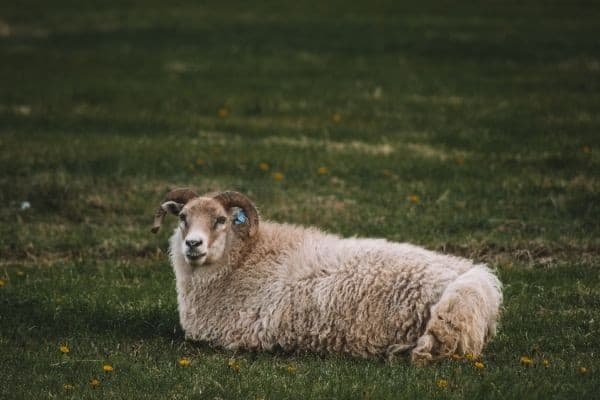
The unforgiving environment in Iceland has produced a triple-purpose Icelandic sheep breed. They are bred for their wool, milk, and meat.
Awassi Sheep
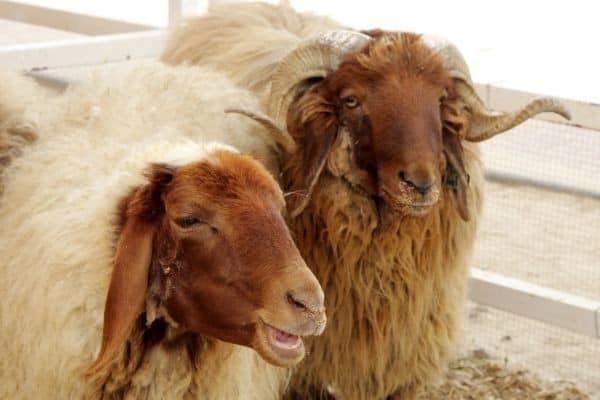
Native to the deserts of the Middle East, this breed of sheep is primarily bred for its milk — of which it is one of the largest producers. That being said, they are also a known breed of sheep used for wool and meat.
Which Sheep Breeds are Best for Wool?
Now, if you are looking for the highest amount of wool yield per sheep possible, then the following is the list of some sheep breeds that are best suited for wool production:
Merino Sheep
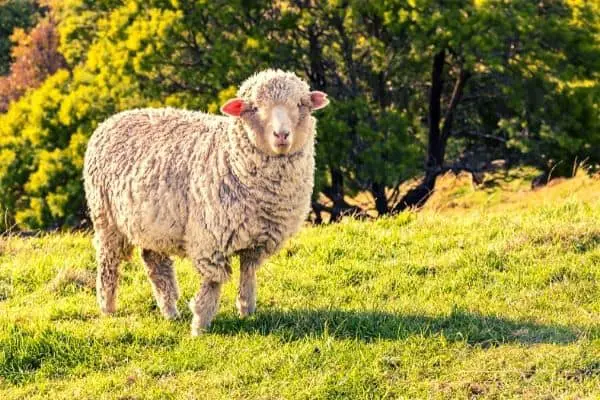
The Merino sheep breed with one of the most highly valued wools, and it considers being the ancestor of almost all fine wool producing sheep. The Merino sheep have fleece so fine that they measure about only 17-22 microns. Those are strands that are nearly as thin as cobwebs.
Debouillet Sheep
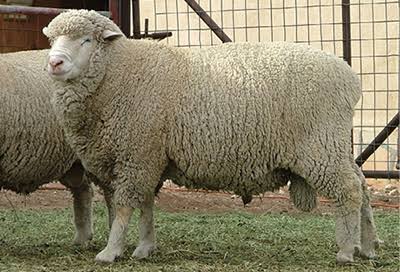
Debouillet Sheep - Source: Learnnatualfarming.com
A hardy breed of sheep, Debouillet is found mainly in the western part of the US. Debouillet's fleece is known primarily for its softness and elasticity. This makes it ideal for baby products or fabrics that are worn directly over the skin.
Rambouillet Sheep
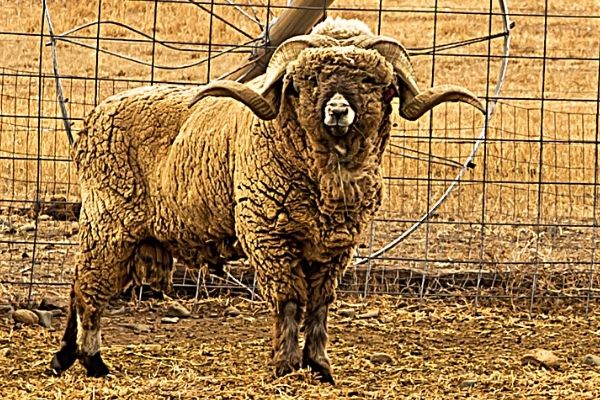
This breed of sheep can be quite large and generate very fine wool. Their fleece is known as one of the best for making felt. They are also a dual-purpose breed of sheep, being raised for their meat as well.
Borderdale Sheep
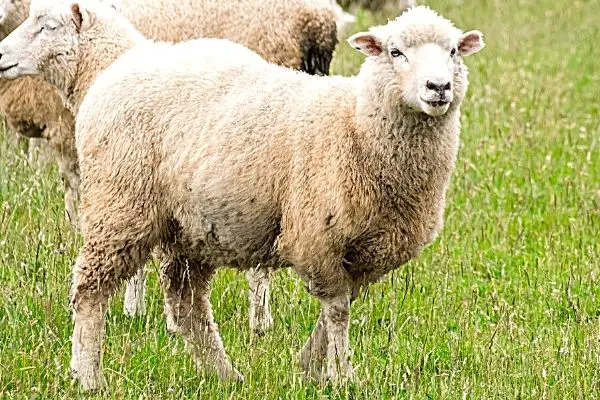
This breed was developed from a cross between Border Leicester and Corriedale. Borderdale sheep can be anywhere between medium to large in size and sport very long and lustrous wool. With fibers that are 30-35 microns in thickness, their wool is highly sought for heavyweight apparel.
Romney Sheep
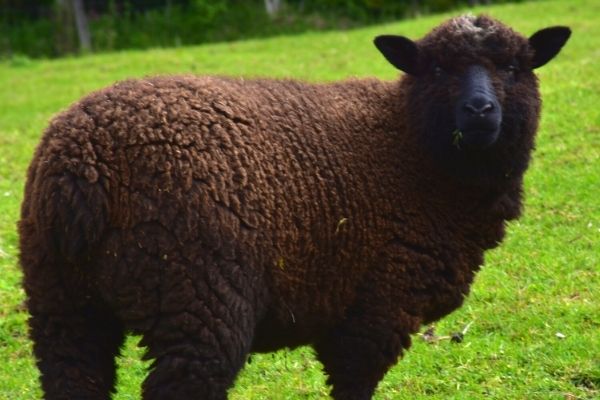
Brown Romney Sheep
The wool of Romney sheep is very long and thick — about 32-39 microns in thickness. That makes it a thread that is rough grade and not ideal for clothing. Thus, the wool of the Romney sheep is used mainly for carpets, baskets, and certain types of outwear. They are a dual-purpose breed, too, being bred for their meat.
Are East Friesian Sheep Good for Wool?
Though the East Friesian Sheep are considered a dual-purpose sheep used for dairy and wool, they are mainly bred and raised for their milk. A single sheep can produce around 1000 lbs of milk per lactation period. Though their wool is pretty decent in length and quality, having one of the longest lactation period of 220 and 240 days means the East Friesian Sheep is much better at dairy production than wool.
What happens if You Get Wool from a Dairy Sheep?
Well, it would depend on the breed and the environment of the sheep. Most sheep breeds need to be shorn of their wool at some point, if not for wool production, then for health and hygienic reasons. If a sheep goes too long without having their wool shorn, the wool can grow excessively long, become matted with dirt, and make the sheep prone to overheating.
Does Shearing Dairy Sheep Affect Milk Production?
Not necessarily. Regular shearing of overgrown wool can keep your sheep happy and healthy — producing quality milk every time they lactate. Keeping their udders free from long hair is also a part of responsible grooming. But be sure to schedule the shearing of your sheep appropriately, as you do not want to leave them with no layers of wool during the colder seasons of the year.
If you are looking for sheep shearing machines, you can check out our list of recommended sheep shearing machines here.
Final Words
And that was everything you needed to know about dairy sheep's wool. We certainly hope it could answer most, if not all, of your questions about getting wool from dairy sheep and more. Even though you can undoubtedly have the best of both worlds with the right sheep breed, you would want to consider the primary purpose of your sheep farming. Either way, milk and wool are great products, and there's undeniably a sheep breed out there to fulfill your needs.
